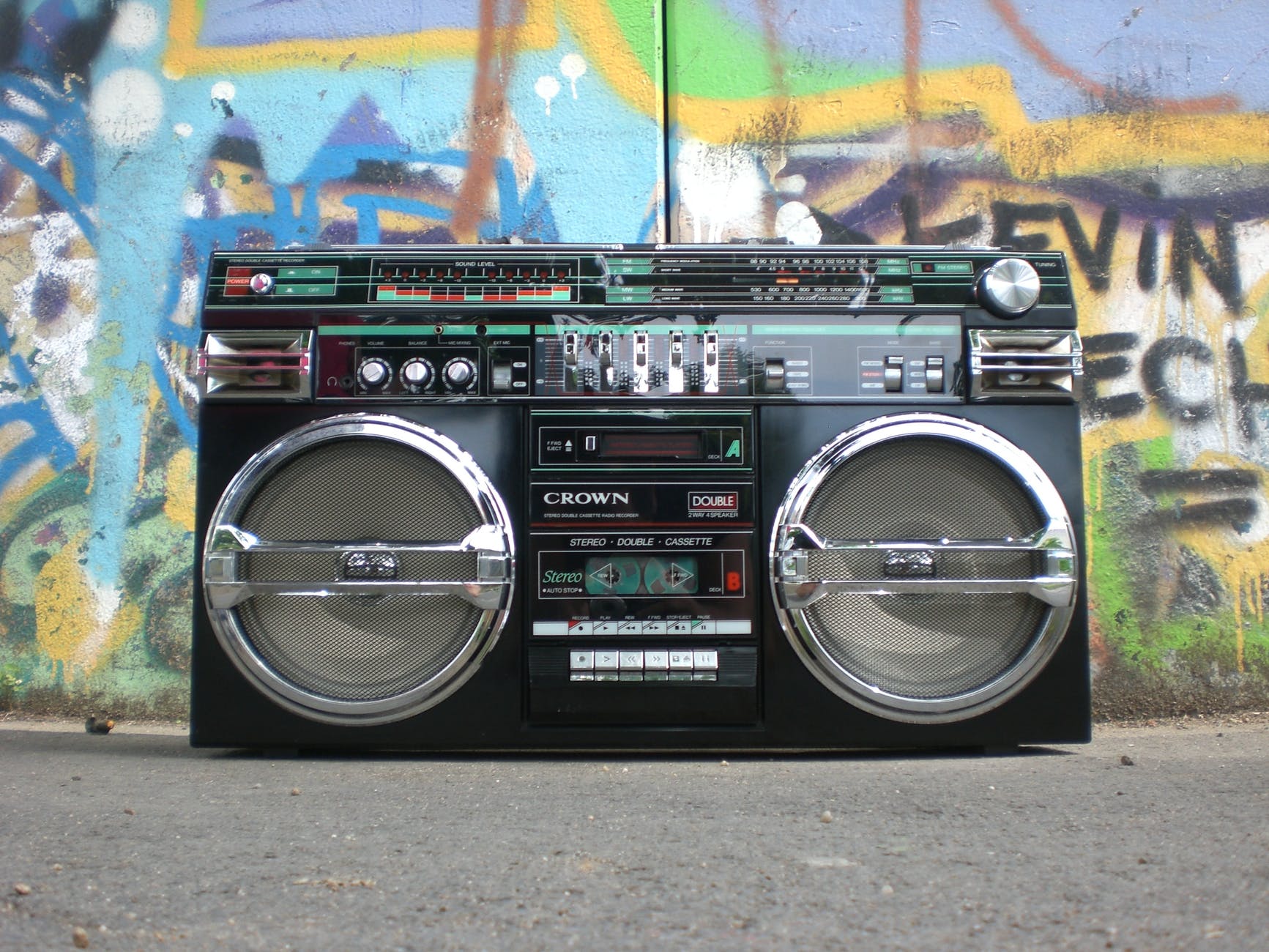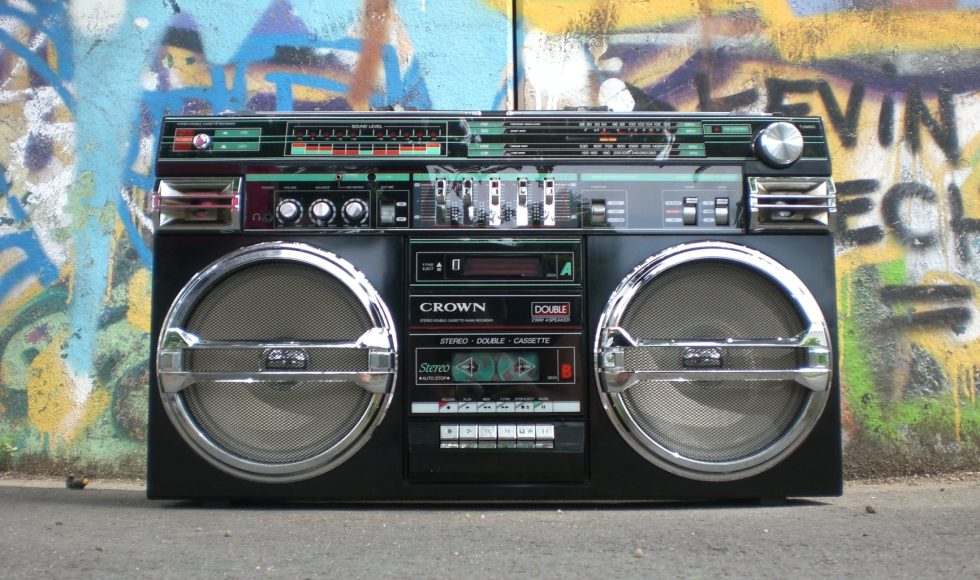Happy Monday! It was great to interact with students today and facilitate a session. It was not seamless, yet it was energizing and fun. Tonight, I continued watching sessions from the Elon Teaching and Learning Conference earlier this summer. The session we watched (Amada watched a little) was entitled “Inclusion has a Voice and It is Hip Hop: Utilizing Hip Hop Culture to Increase Culturally Responsive Classrooms” presented by Vanessa Drew-Branch, an Assistant Professor at Elon University. Drew-Branch has been at Elon for three years and is a professor in human services studies. Drew-Branch started with an explanation of how they wanted to be interactive. “Welcome to the Cypher” was the quote Drew-Branch started with. They explained that a cypher is a jam session… that is somewhat chaotic, yet it is also a place of freedom for expression and safety. Oh, I love this! What is my cypher? Is it the chaotic yet energizing Zoom session? Is it the groove we reach analyzing data with together with a group of undergraduates? Is it openly finding and sharing data about Delftia? Drew-Branch then mentioned code-switching: “the practice of alternating between two or more languages or varieties of language in a conversation.” Two photos of Drew-Branch showed the faculty profile on Elon’s website and the hip hop fun-loving Vanessa. The pressure to shift is great. How might the engagement be if we didn’t shift? Drew-Branch defined shifting as “the pressure to compromise one’s true selves as they navigate America’s racial and gender bigotry” citing Jones and Shorter-Gooden, 2004. Drew-Branch mentioned that it is important to “create space for allowance” so that everyone is able to show up as they wish. They no longer shift their language because a space for allowance aligns with a goal of liberation and the liberation pedagogy of Paulo Freire. Drew-Branch asked: “how would it feel to liberate my classrooms?” Constructivism posits that learning is creating meaning and building information on established pieces of knowledge. Drew-Branch talked about teaching adult learners using the principles of andragogy: adults have a higher sense of self-direction, use their life experience to facilitate learning, are focused on achieving goals, need to know how the information is relevant, are practical, are looking for help and mentorship, are open to modern ways of learning, and want to choose how they learn.
Drew-Branch gave a brief overview of the history of hip hop, mentioning that the movement started in predominantly African American economically depressed South Bronx sections of Yew York City in the late 1970s. Drew-Branch mentioned that hip hop used narrative storytelling and focused on individual and community resilience… “a primal scream about life.” They played a couple of clips. Grandmaster Flash was one of them! I found myself following the lyrics and noticing all the social issues that were part of the story! The second clip was more contemporary: Lil Baby – The Bigger Picture from 2020. The video showed several Black Lives Matter protests. Drew-Branch talked about how we can use hip hop to reach all and “unlock a different level of engagement with students.” This can be done by hanging new information on previous scaffolding/structure from the students’ lived experience. Drew-Branch asked:
If you can use hip hop, what other non-Eurocentric tools may be out there that can be utilized to liberate our classrooms?
Vanessa Drew-Branch, Lilly Online Conference 2021
Drew-Branch spoke about the new wave of Latin Trap/Latin Urban Music. New artists are speaking about issues and could be integrated into courses to “liberate some of our spaces.” I thought this session was intriguing: I never thought about how to use hip hop to liberate and allow new spaces. During the question session, Drew-Branch spoke about listening to the lyrics and learning about language and humanity. This was a great example of using non-traditional materials to promote connections between lived experience and content.



